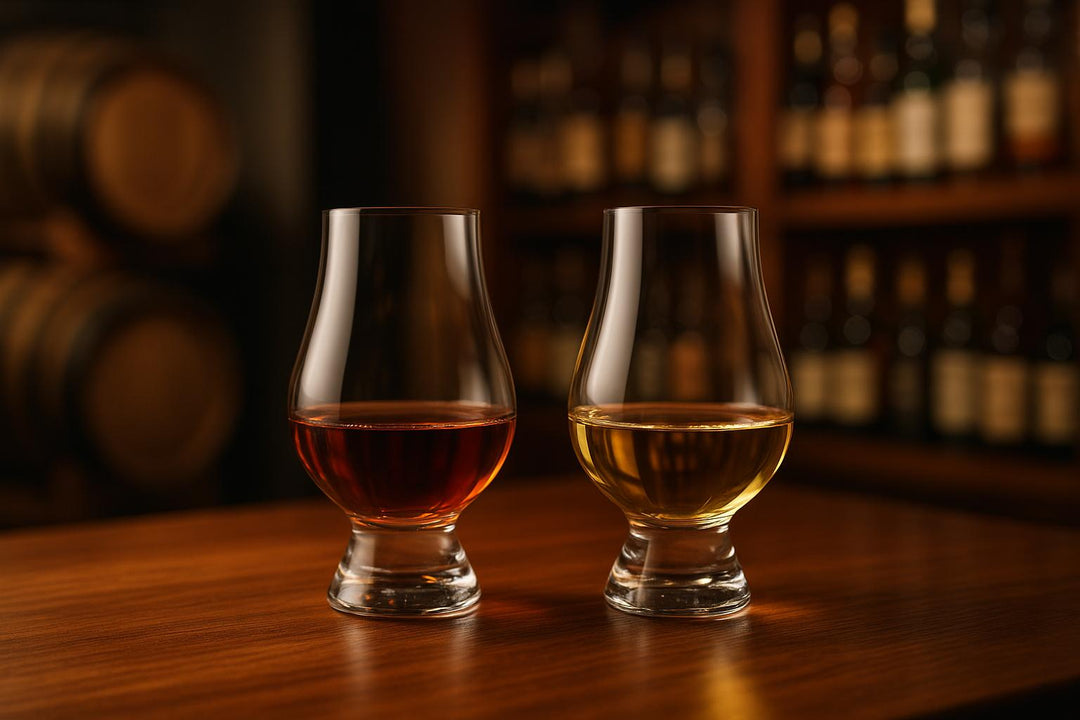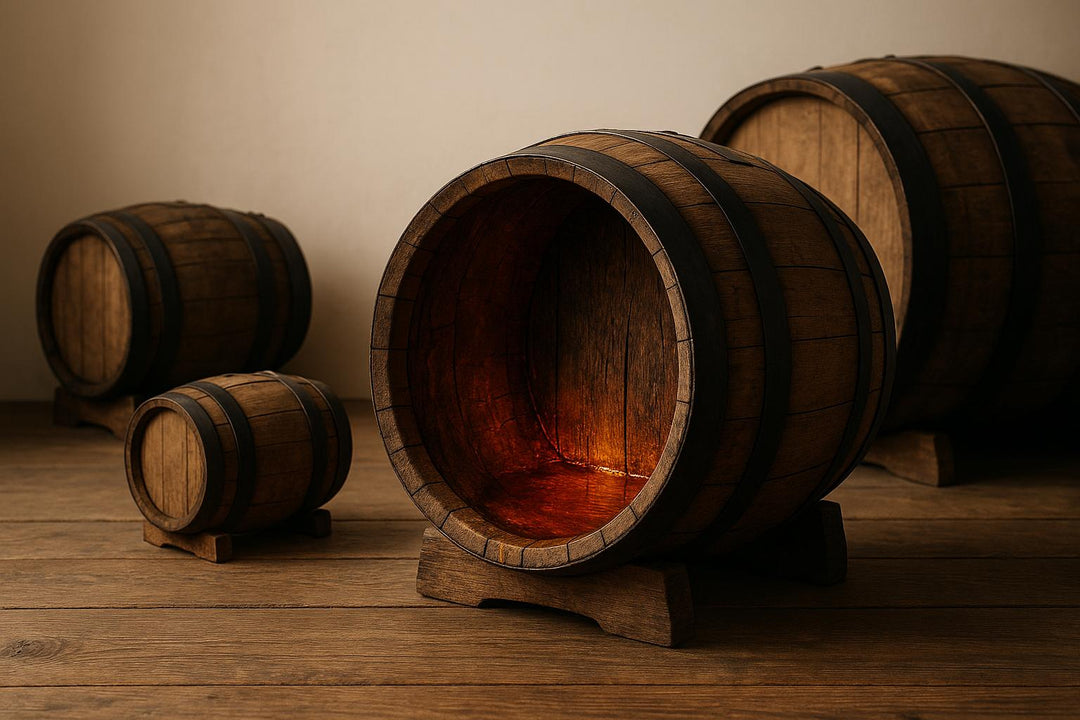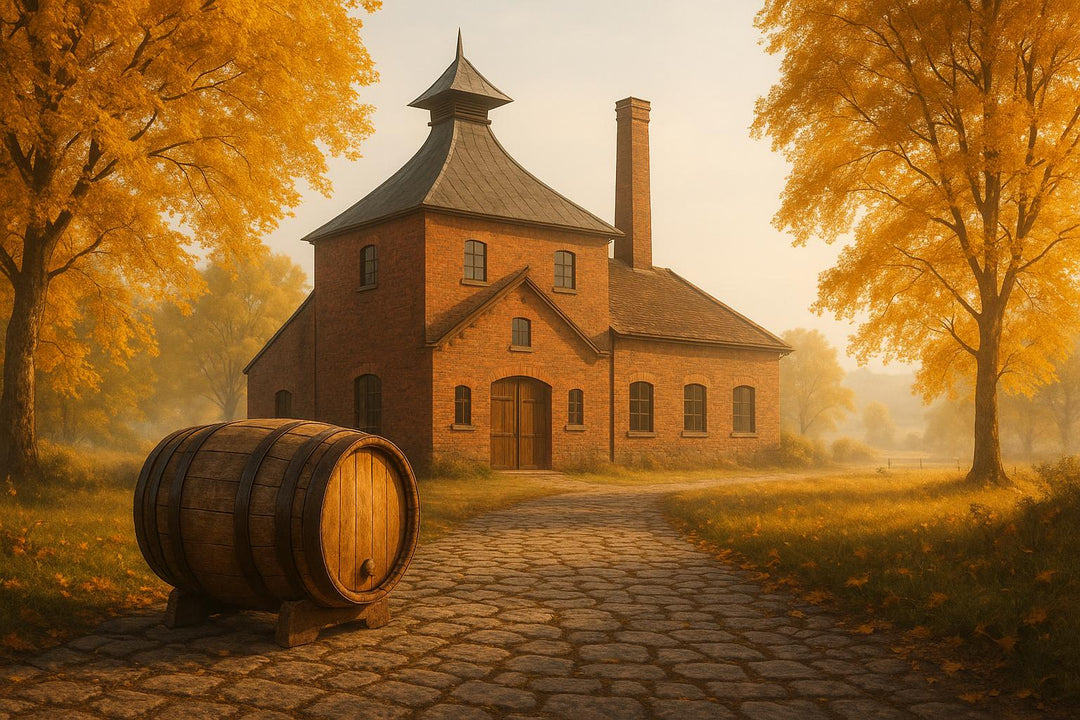The often asked question, and one which brings much debate amongst many people. Can I just start by making the disclaimer that this in no way represents financial advice – simply a quick guide for anyone thinking of dipping their proverbial toe on to the whisky band wagon.
First off – if you’re looking for an absolutely safe, can't fail investment, then my best advise is to look elsewhere – whilst you can make sensible decisions and choose wisely, simply put, there is absolutely no guarantee – so if you’re happy to spend a few pounds and the worse case scenario is that you end up drinking it and you’re fine with that then keep reading!
Pick your Distillery – many investors will specialise in one particular distillery and then learn as much as they can about different expressions. You certainly don’t want to pick up a forgery (it happens!!) so stick to iconic distilleries such as Glenlivet or Ardbeg or those that closed and have limited supply on the secondary market – Port Ellen, Rosebank , Brora….. and make sure you buy from reputable sources too – sadly much bottle swapping around social media sites had led to some VERY poor purchases!
Pick a good whisky! I know, easier said than done! But many distilleries became wise to the growing demand for old and rare whiskies, and some, bottled whatever they could find lying around in old casks. Sadly, these items are priced according to rarity rather than quality and it’s possible that you could pay hundreds of pounds for a bottle, save it for a special occasion, only to find it is mediocre at best. Look for a whisky with a limited run that is popular at the time (proven and tried) hold onto one of those bottles and it SHOULD increase in value.
Pick a whisky that YOU like! Like I said – if it doesn’t go up, you may end up drinking it – so make sure you are enjoying it too everything from the box to the shape of the bottle. Many people collect “series” – several distilleries, Highland Park, Ardbeg etc, release collections and a whole collection can be worth more than the sum of its parts.

Look for high quality whiskies, from top distilleries and choose expressions that were limited in release numbers, or better still, numbered bottles. Try and get bottles in perfect or good condition (but it’s not always a factor – sometimes it can add to the charm!) and anything with a special box, or which marks a special occasion or event will usually end up being more collectible and thus a better investment - although be careful, whiskies bottled especially for collecting and not for drinking won't be the ones that go up the most in value due to everyone saving them!
Old whiskies are ALWAYS more popular and in the 1980’s and 90’s distilleries did not put enough single malt whisky into barrels to meet current global demand. This imbalance of supply and demand has caused the steady increase in the prices of older bottles.
More recently, since 2007, most large distilleries in Scotland have increased their production levels, but their first barrels of 18 year old single malt won’t be ready until 2025 – the 25 and 30 year old whisky will mature in the 2030’s – we can’t wait!

In the meantime, you can catch a glimpse of our “rare and collectable” drams here or you can look for your favourite whisky, considering the points above, and stash it away for a rainy day!
Happily, you don’t need any particular conditions to store bottles of whisky – just make sure they are upright so that the cork is not in contact with the golden fluid and not in direct sunlight – easy peasy!
Leave us a comment and tell us your top tips for collecting
Yours sincerely…….
The Really Good Whisky Company Whisketeers







Leave a comment